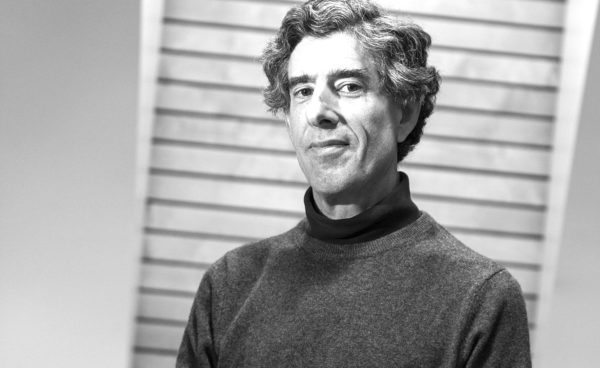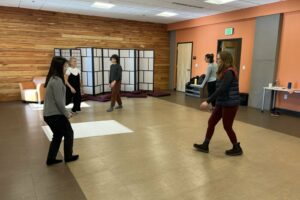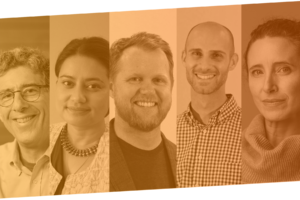Center Founder and Director Richard Davidson spoke at TEDx SanFrancisco in October 2019. Watch the video to hear him speak about the four major challenges facing society and how we can train our minds to thrive - in just 3 minutes a day.
Four Major Challenges in Today's Society and How Mindfulness Training Can Make an Impact

There is a growing body of research both at the Center and across the scientific community that shows that a few minutes of mental training per day can change the brain and improve well-being.
Our brain’s wiring is not fixed — it is adaptable. This is known as neuroplasticity. Can neuroplasticity be harnessed to change the world?
Consider four challenges facing society today. Distractibility, loneliness, negative self-talk and lack of purpose are affecting mortality and quality of life as we know it, but the good news is that we have the ability to cultivate skills that directly impact these challenges.
Distraction plays a crucial role in our happiness. One study found that 47% of the time people are not paying attention to what they’re doing. Not only that, but those who were more distracted reported lower levels of happiness. By regularly paying attention to what we are doing, we can cultivate better awareness of the present moment and possibly be happier as a result.
The impact of loneliness on public health is significant. Studies have shown that loneliness has a greater impact on mortality than obesity, and as many as 76% of middle age Americans have experienced moderate to high levels of loneliness. However, by cultivating skills of connection, we can improve our interpersonal relationships and increase prosocial behavior which can lessen feelings of loneliness.
In recent years, rates of depression have shown an increasing trend among all groups, especially in women. Teen depression rate and suicides have also increased in the past seven years. By using mental training, we can gain insight about negative self-talk and explore and develop a healthier relationship with our inner narrative.
Low life purpose is a strong psychological predictor of mortality in the latter decades of life. Research has shown that those without a strong sense of purpose are twice as likely to die than those who have a clear view of their true north. Through contemplative training, we can improve our sense of purpose and learn how we can live in alignment with it.
We can cultivate skills of awareness, connection, insight and purpose through regular mental exercise. Research shows that just 30 minutes a day for two weeks of mindfulness training changes the brain. It’s possible to start with just three minutes per day to begin to establish a daily habit.
There are many strategies to cultivate well-being. One approach is the Healthy Minds Program, a mobile app that we developed at Healthy Minds Innovations, the external, affiliated nonprofit dedicated to supporting the mission of the Center for Healthy Minds. The Healthy Minds Program leverages the research from the Center to help users learn how to strengthen qualities of a healthy mind with simple practices they can apply in daily life. We are seeking citizen scientists — those who will use the app and help our researchers learn more about what works and for whom. The foundations portion of the Healthy Minds Program is free to anyone who wants to begin a daily practice.
Nourish your mind — change our world.
Become a citizen scientist — try the Healthy Minds Program at tryhealthyminds.org






